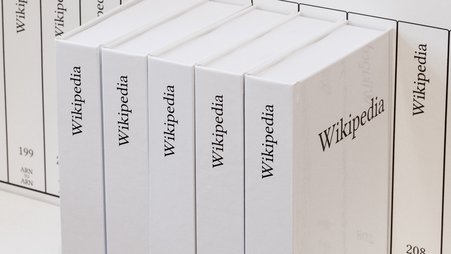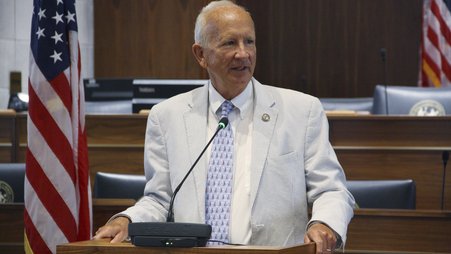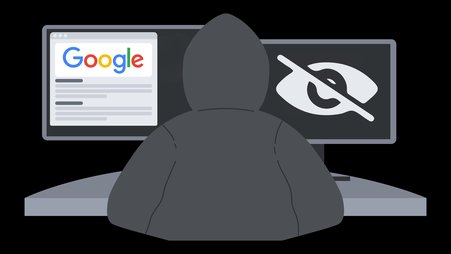
PayPal and its subsidiary Venmo must bring more transparency and accountability to its practices around account freezes and closures, argues a new letter signed by Freedom of the Press Foundation and nearly two dozen human rights and civil liberties groups.
The payment giant has become notorious for suspending or disrupting transfers for lawful controversial content without due process, including of course in the financial blockade against the whistleblower site WikiLeaks in the early 2010s — an extralegal embargo that Freedom of the Press Foundation was founded in part to address. In another case, PayPal froze the account of News Media Canada over a payment to submit an article about Syrian refugees for an award.
The risk of arbitrary interruption to online payments can be a serious one, especially for independent reporters without institutional support. And the problem isn't limited to news reporting: supporters of the privacy network Tor, creators engaged in erotic fiction or sex work, and online communities simply accused of copyright infringement have all faced restrictions at one point or another. These disruptions can be existential, as we note in the letter:
In our increasingly digital world, in which websites and online consumers rely on payment processors such as PayPal to send online payments for goods and services, fund their online infrastructure, and even pay staff, these opaquely implemented account freezes can be disruptive and disadvantageous to individuals, nonprofits, and companies. PayPal and your subsidiary Venmo have over 360 million users — which means you have a staggering amount of influence over the financial lives of these individuals as well as access to an enormous trove of highly sensitive information that should not flow to the government without adequate safeguards.
The recommendations in the letter are in line with the Santa Clara Principles on Transparency and Accountability in Content Moderation, which aim to help companies center human rights when moderating user-generated content and accounts.
Today's letter, which can be found in full below, was led by the Electronic Frontier Foundation and signed by 7amleh - The Arab Center for the Advancement of Social Media, Access, ACLU of Northern California, American Civil Liberties Union, Article 19, the Center for Democracy and Technology, Center for LGBTQ Economic Advancement & Research (CLEAR), Demand Progress Education Fund, European Legal Support Center (ELSC), Fight for the Future, Freedom of the Press Foundation, Global Voices, Masaar-Technology and Law Community, Mnemonic, New America’s Open Technology Institute, PDX Privacy, the Tor Project, Taraaz, Ranking Digital Rights, Restore the Fourth Minnesota, and SMEX.




